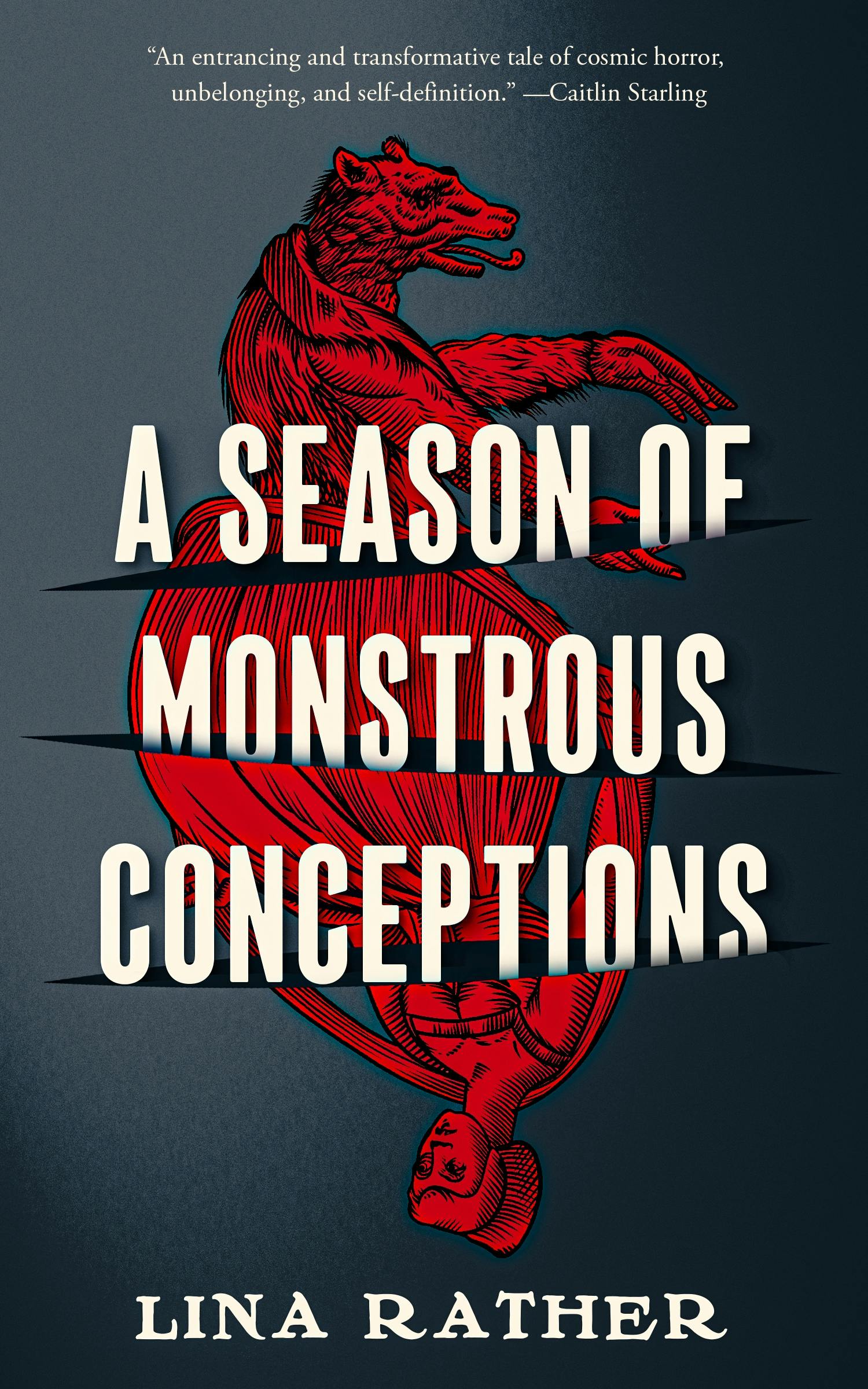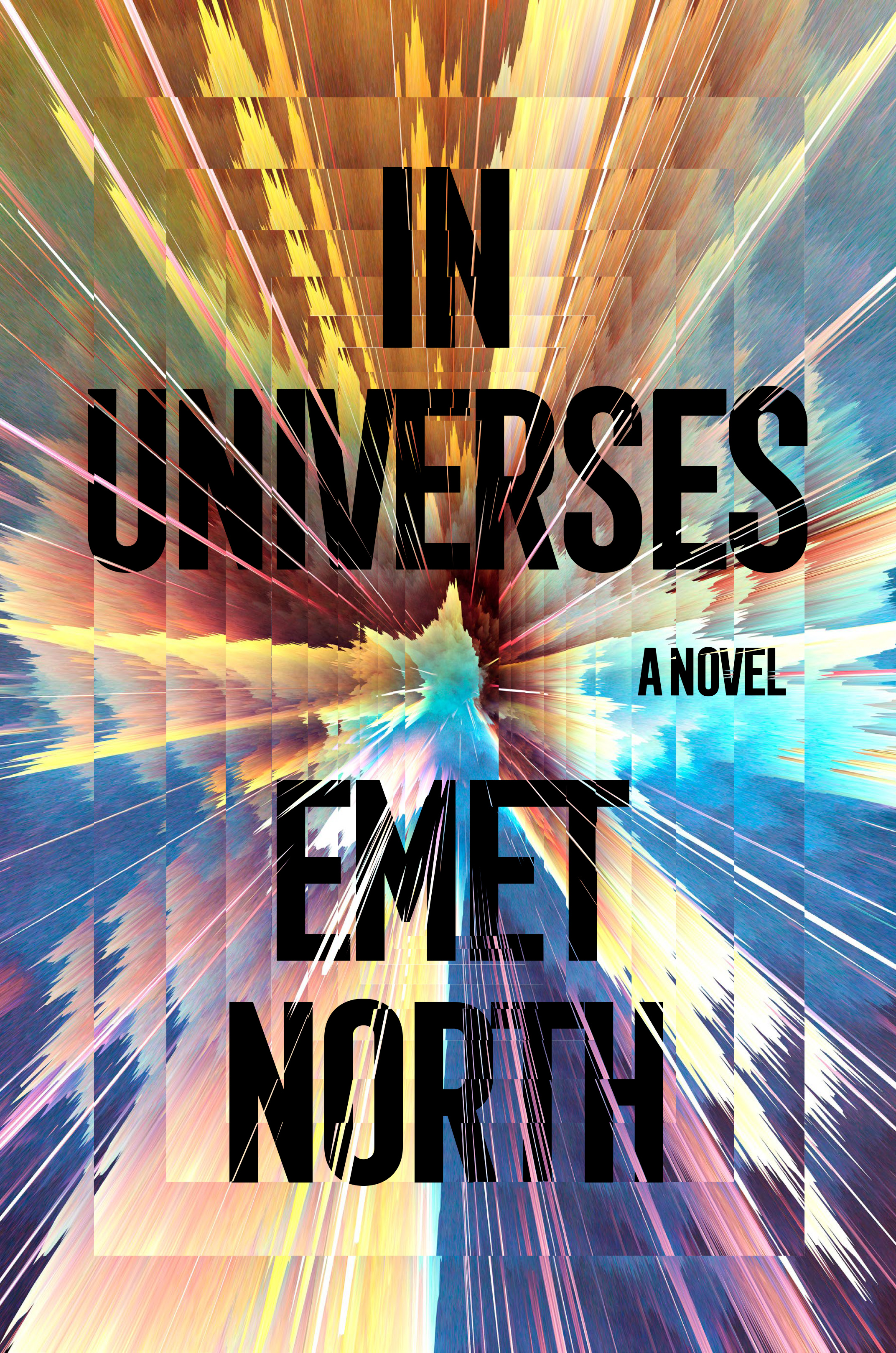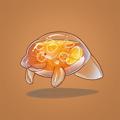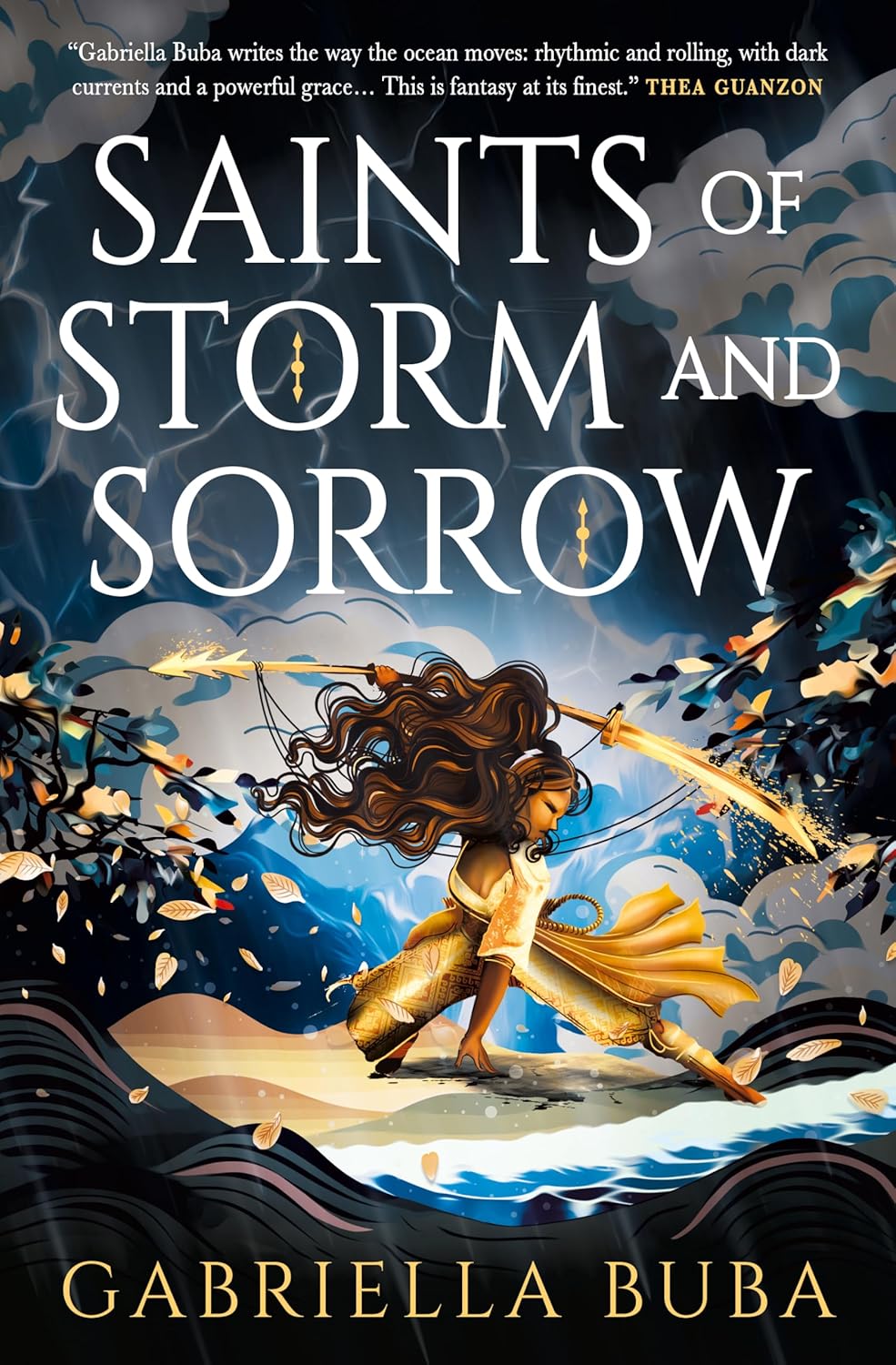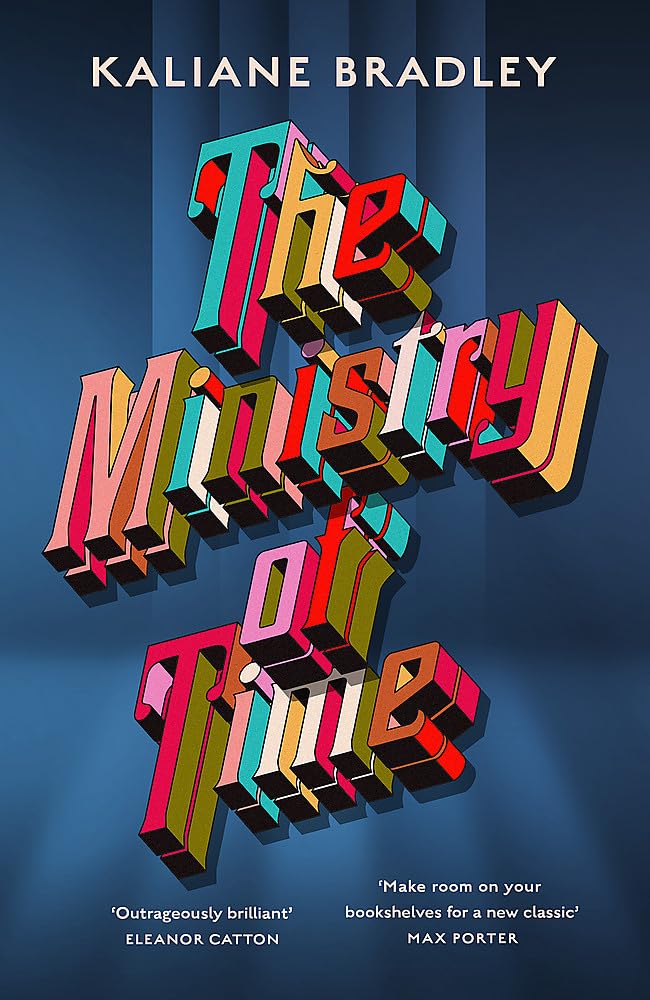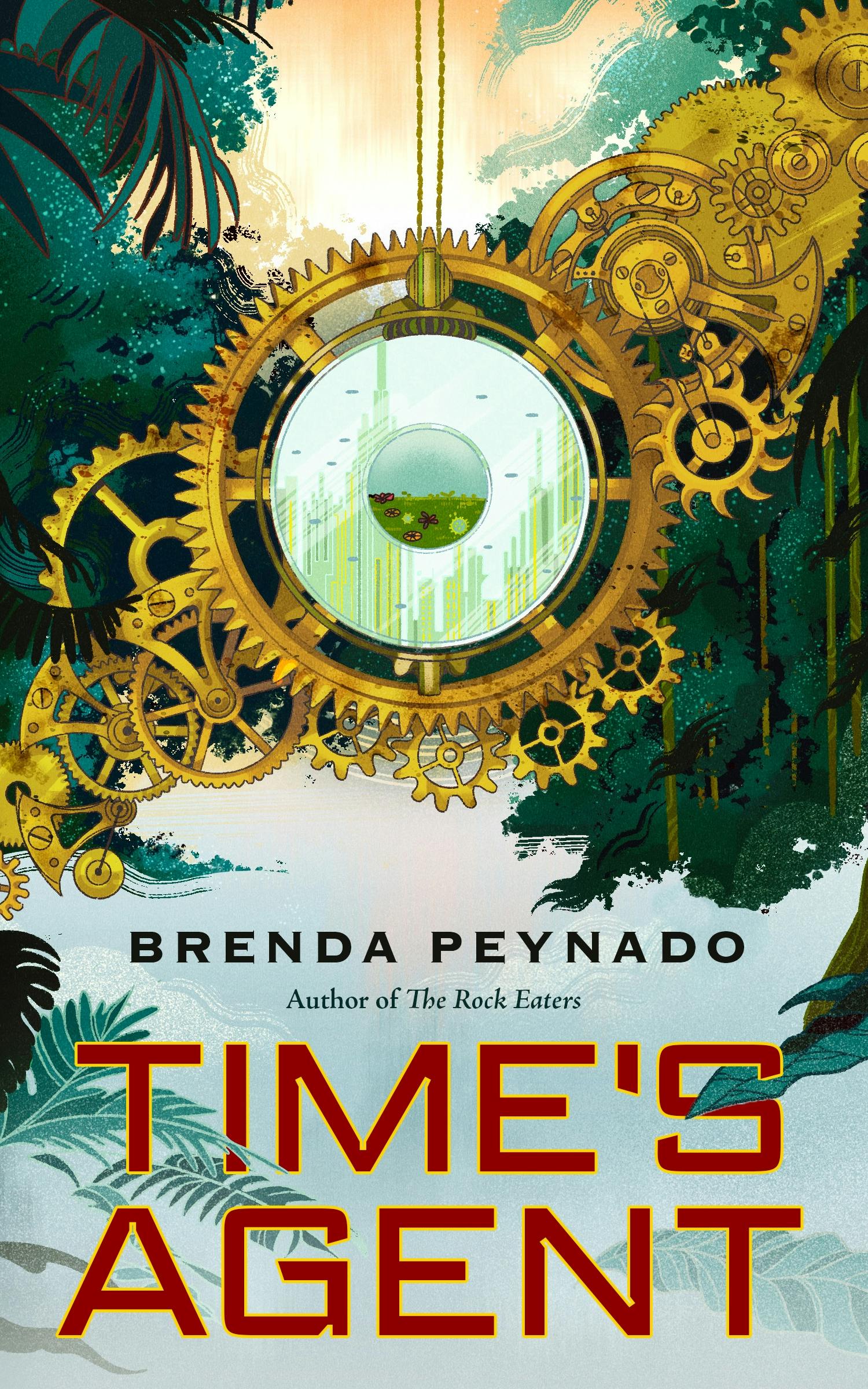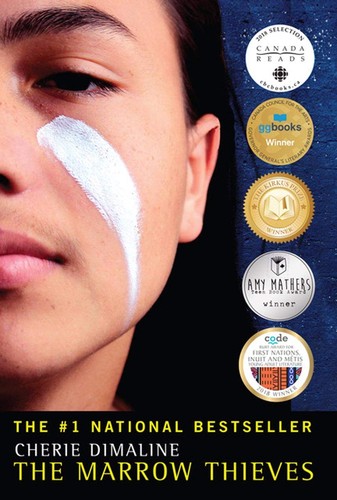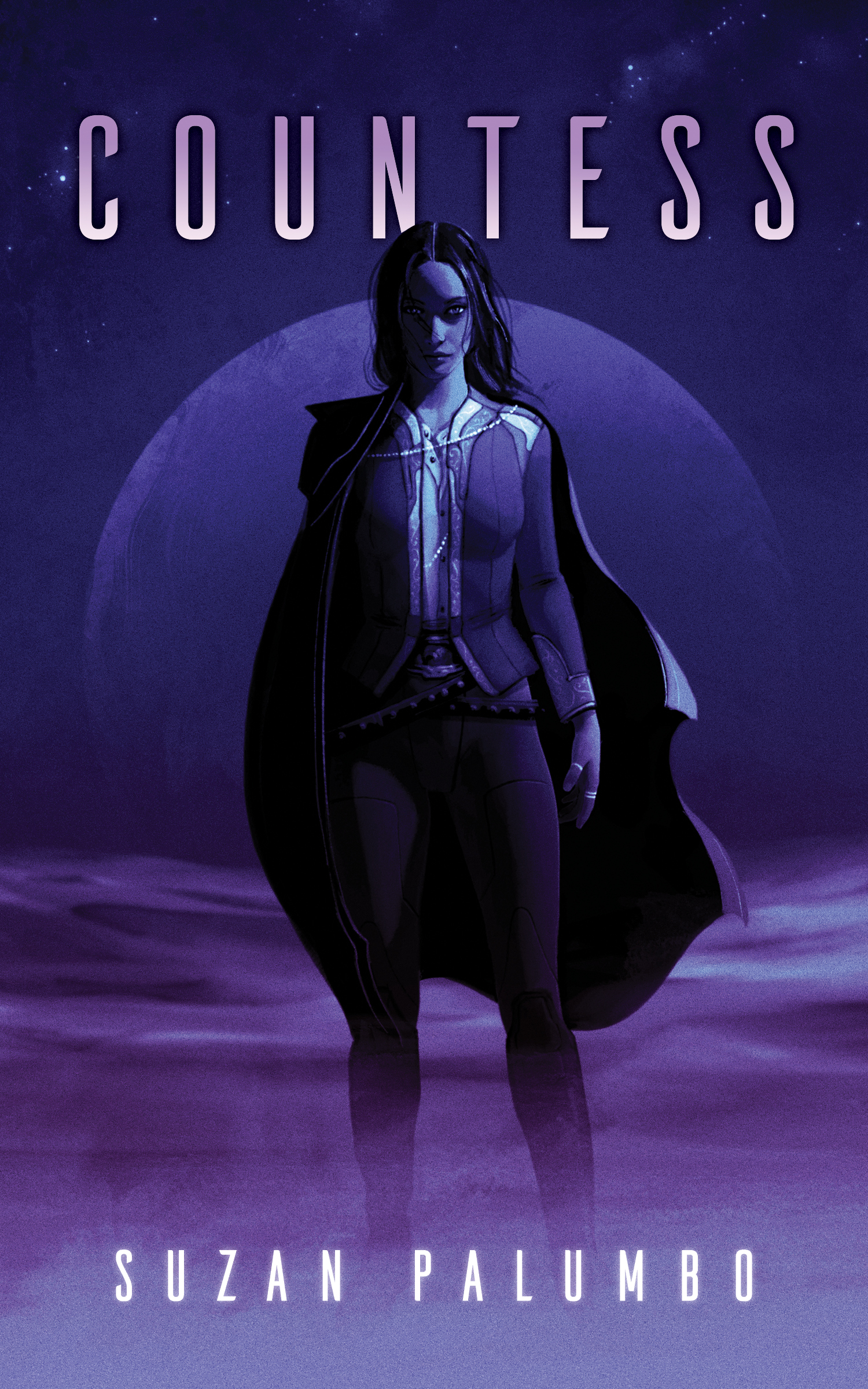enne📚 reviewed Season of Monstrous Conceptions by Lina Rather
A Season of Monstrous Conceptions
4 stars
This was a fun novella about 17th century London midwifery where there's a spate of babies being born with monstrous appearances and magical abilities. This is the September 2025 #SFFBookClub pick.
There's a fun angle of respectability politics, of not wanting to be publicly seen as queer so that Sarah can get better midwife clientele (and survive as a widowed woman), but also taking the angle of her having to cover the parts of herself that are uncanny. (Sure, sure, I am a sucker for the metaphor of queer as monstrous.) There's also a strong gendered metaphor of Sir Christopher Wren, creepily representing science and men cataloguing the world (and thinking they truly know it) versus the midwives having their own knowledge of other worlds and of magic.
Overall, this book met my expectations for exactly what I thought it was going to be in a good way. I love …
This was a fun novella about 17th century London midwifery where there's a spate of babies being born with monstrous appearances and magical abilities. This is the September 2025 #SFFBookClub pick.
There's a fun angle of respectability politics, of not wanting to be publicly seen as queer so that Sarah can get better midwife clientele (and survive as a widowed woman), but also taking the angle of her having to cover the parts of herself that are uncanny. (Sure, sure, I am a sucker for the metaphor of queer as monstrous.) There's also a strong gendered metaphor of Sir Christopher Wren, creepily representing science and men cataloguing the world (and thinking they truly know it) versus the midwives having their own knowledge of other worlds and of magic.
Overall, this book met my expectations for exactly what I thought it was going to be in a good way. I love a solid novella that can fit in good worldbuilding and plot and some character development without leaving me feeling like there's elements missing or it's rushed. It feels like the kind of story that would make a good movie. (This is all especially in comparison to previous novellas we have read for #SFFBookClub, like Countess.)
I have some thoughts about the ending, which I will put in a separate spoilered post.

